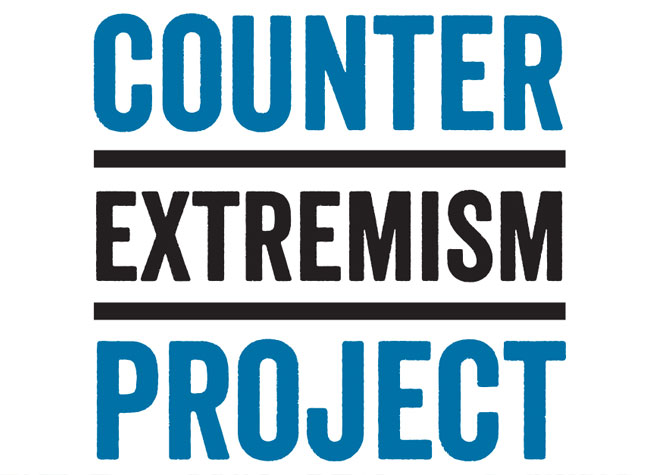
The Counter Extremism Project (CEP) today released new resources on extremism and counter-extremism efforts around the world, expanding to 45 the number of countries profiled in its interactive map.
New countries profiled include Iraq, Kuwait, Malaysia, Morocco, Somalia, and Uzbekistan.
Each report includes descriptions of extremist and terrorist activities, the process of radicalization, the phenomenon of foreign fighters, and counter-extremism initiatives.
These resources are part of CEP’s commitment to improve the understanding of the complex, global, and urgent challenge of combating extremism.
Extremism is a global problem.
CEP’s Areas of Operation map includes comprehensive reports detailing the history of extremist movements, major terror attacks, and counter-extremism measures country by country.
Click on a country to learn more about the phenomena of radicalization and foreign fighters, extremism and terrorist movements, and domestic and international counter-extremism initiatives.
The map also links to CEP threat reports about extremist groups operating in each country. Click on an extremist group to learn more about its history, leadership, and violent activities.
(Learn More About the Counter Extremism Project. Courtesy of Counter Extremism Project and YouTube)
The Counter Extremism Project (CEP) is a not-for-profit, non-partisan, international policy organization formed to combat the growing threat from extremist ideologies.
Led by a renowned group of former world leaders and diplomats it combats extremism by pressuring financial and material support networks; countering the narrative of extremists and their online recruitment; and advocating for smart laws, policies, and regulations.
Extremists are spreading their ideology and recruiting support across the globe, posing a complex and urgent challenge that cannot be addressed by government alone.
There is a responsibility for private groups and individuals to organize in opposition to extremists.
To this end, CEP is:
- Assembling an extensive research and analysis database on extremist groups and their networks of support, providing an indispensable resource to governments, the media, NGOs and civil society organizations, and the general public;
- Exposing channels of financial and material support to extremist groups;
- Using the latest communications, social media, and technological tools to identify and reveal the extremist threat and directly counter extremist ideology and recruitment online; and
- Assisting policymakers around the world to devise legislation and regulations that effectively combat extremism.
















